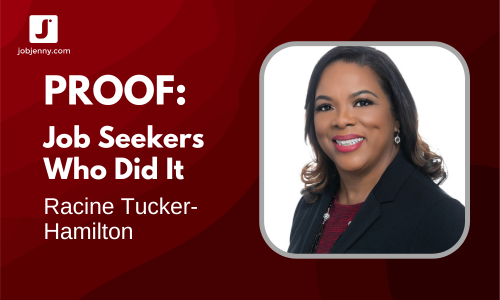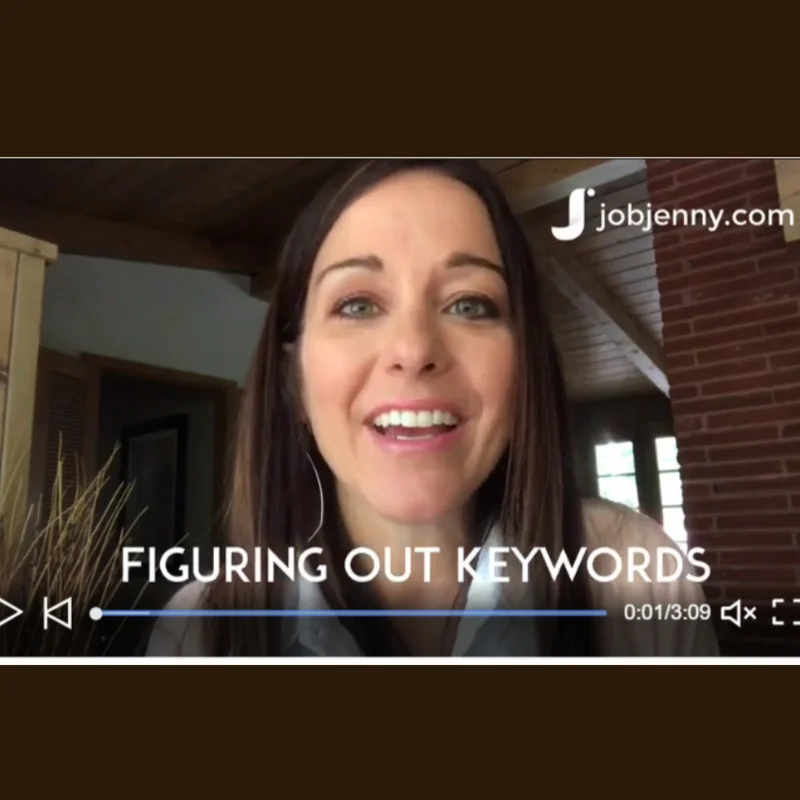4 Times a One-Page Resume Can Actually Hurt You
Aaah, if I had a dollar for all the times I've had to convince someone that, not only have they earned the right to extend their resume beyond a single page, but that it's nearly imperative that they do so.
I'd be loaded, that's for darned sure.
Come, come.
Let us gather round and talk about the incredibly common belief that the world will come to a screeching halt and no organization worth its salt will ever (and I mean, not ever) consider you as a serious candidate if you dare bust out a resume that extends to a second (or, gasp, third) page.
I'm not sure where we all learned this. College textbooks? Well-meaning parents or mentors? Co-workers who talk so authoritatively that you don't dare question the validity of anything that comes out of their ever-flapping mouths?
Wherever the myth of the one-page resume is coming from, it's coming hard and heavy. To the point that many job seekers just take it as a known fact that a resume M-U-S-T be one page long, period.
This, by the way, is baloney.
Now, do not get me wrong. I'm not a proponent of long resumes that blabber on unnecessarily. Not ever. In fact, I'm a big believer that every word on your resume needs to earn its spot on the page, and that showcasing your capabilities in a succinct and compelling manner should be your number one goal with your resume. (This is a marketing document, not your autobiography, people.)
But here's the rub. A one-page resume could actually hurt your job search sometimes. Did you hear that? It could hurt you. And that is not what you want to have happen when you're working to land your next great gig.
Here are four times that one-pager may work against you:
1. You've been in your career for more than a couple of years
When you're a new professional, or have been in one (and only one) job for several years, it may be perfectly doable to craft a killer one-page resume. However, as you roll forward in your career -- and, presumably, land new jobs, earn promotions and take on new challenges -- you're going to have more to showcase.
Many professionals, as their careers progress, start hacking and tweaking and abbreviating so that they can keep the darned resume to one page forever and ever. They'll bump down the font size and squish things in to the point of ridiculousness before they will consider graduating to a second page. They'll also cut stuff out that they don't really want to cut out.
And this is where problems can arise. If you err on the side of brevity in the name of preserving a one-page format, the reviewer (both the resume scanning software and the human reviewer) won't be able to quickly understand how and why you make sense for the role you're pursuing.
And if they cannot easily connect those dots, guess what? You're done-zo.
2. You've held several jobs that are relevant and need to be highlighted
Regardless if you're a relatively early-career professional or not, if you've held numerous relevant jobs, you're for sure going to want to highlight them, and make them a part of the compelling story of you.
You also want to (as much as humanly possible) avoid having gaps in your resume. And so, rather than hacking out jobs or saying almost nothing about them (in the name of maintaining a one-page format), give yourself permission to head on over to a second page if need be.
Again, craft your content wisely and succinctly, but rest assured that no one is going to fall over and die if you showcase your talents across a page-and-a-half.
3. You work on big projects and need to showcase them individually
This is a common challenge among consultants and project managers (especially IT project managers), who are often placed on big, finite assignments or major implementations that, alone, can read like a standalone job. Often, there's some amazing "meat" within each of these assignments -- meat that should be illustrated so that your next employer can figure out how and why you'd be a great addition to their team.
Rather than completely glossing over major projects like this (just so you can stay within that magical one-page format), consider creating a subsection (called something like "Select Client Engagements" or "Major Projects") within roles involving big projects, and then succinctly highlight two or three that you feel are important to showcase individually.
4. You've got several substantial volunteer roles or relevant side projects to mention
If you're a do-gooder, high achiever or super active community member, you most certainly should not be penalized for your contributions, or feel pressured to chop them out of your resume. For those of you actively involved in volunteer roles, side jobs / projects or other community endeavors, consider evaluating these extracurriculars and showcasing the ones you think are most impressive and / or most relevant to your target audience.
Certainly, you don't need to list out every stinking thing (if there are a lot of them), but don't feel stressed about highlighting the "best of" activities, even if that takes you beyond one page.
Now, be clear, please, that I'm not advocating for multiple page resumes for the sake of it. Your resume should truly be a concise, compelling marketing document that (immediately) entices your target audience. But the widespread paranoia over the one-page resume just needs to stop. In 12+ years of recruiting, I've not had a single corporate hiring manager look me in the eye and say, "Jenny, this candidate looks interesting. Unfortunately, she has a two-page resume, so we're going to have to pass."
Not one time.
So say what you need to say. Make it grab my attention. Make the words earn their spot on the page. And stop freaking out about keeping it to one page at all costs.
And if you need help figuring it all out, head on over to our Ridiculously Awesome Resume Kit, or check out our one-on-one resume services.











